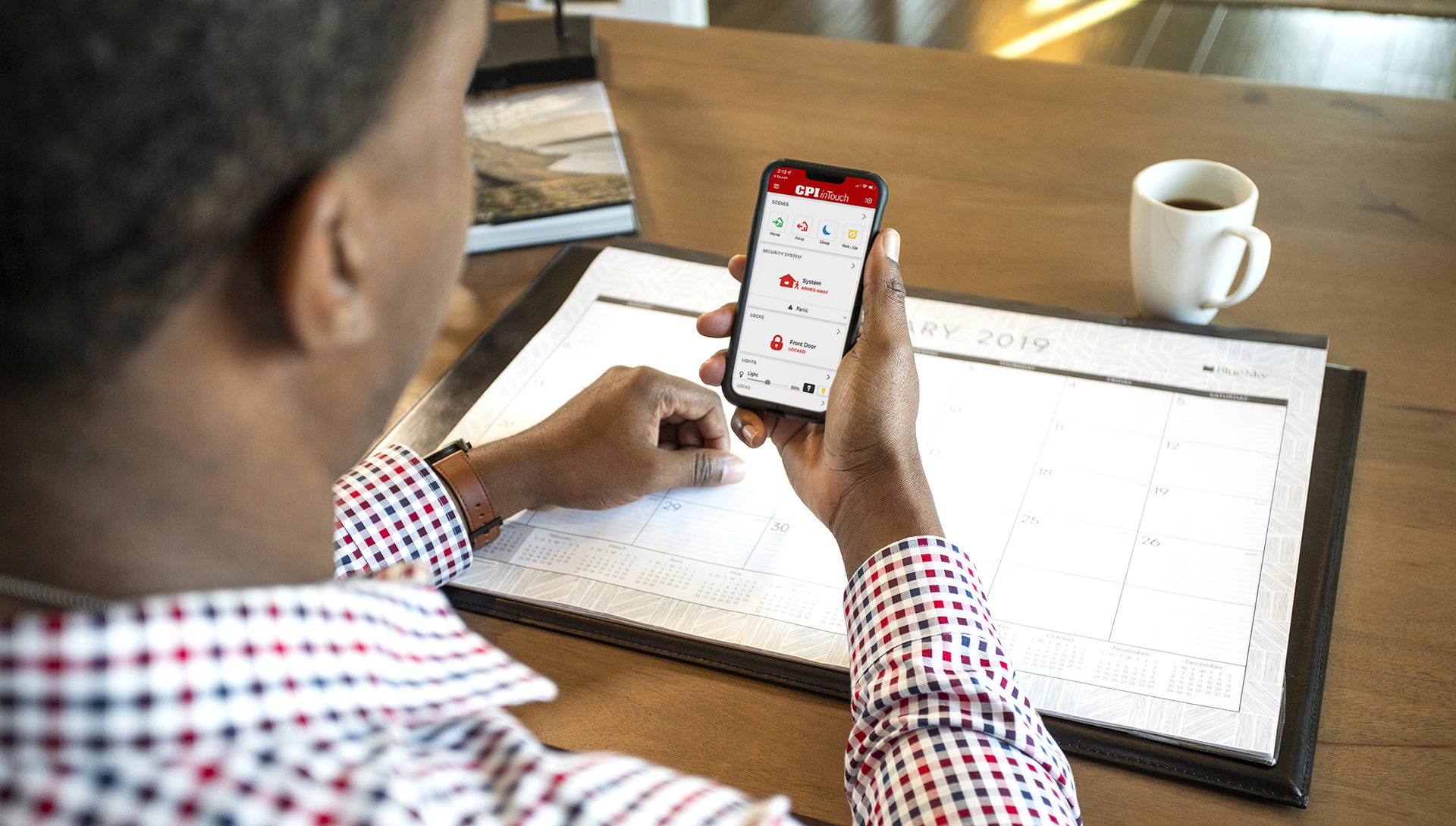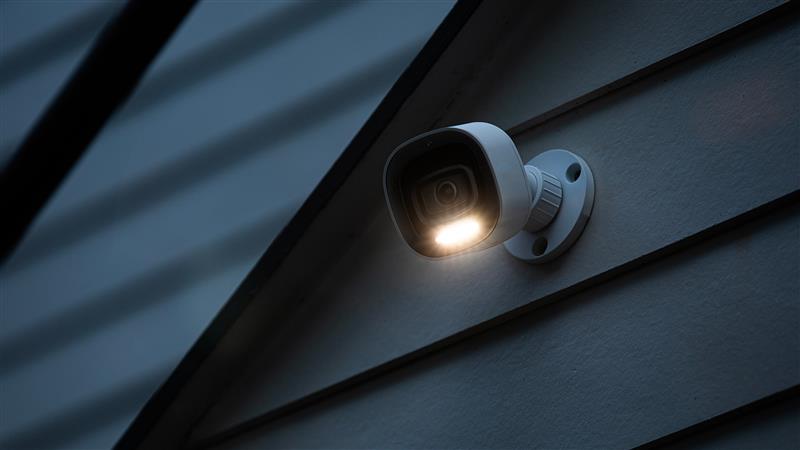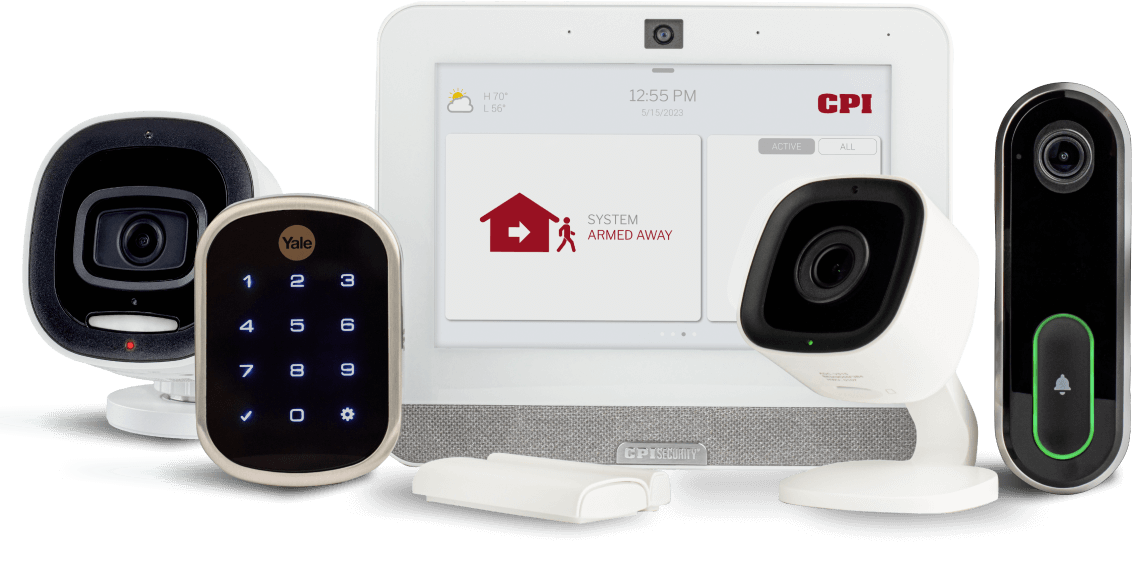Who says you need to be glued to your business all day long to keep everything under control? Not us! We live in a world where technology can make life much easier. And one way technology can make life easier is monitoring your business from anywhere in the world. In this post, we will spill the beans on four ways you can keep tabs on your business while you’re out and about. Whether you’re sipping cocktails by the pool, nailing a business deal in another city, or just taking a well-deserved nap, these tips have you covered.
Four Foolproof Strategies to Keep Your Business Running Smoothly From Anywhere
- Leverage Technology for Remote Monitoring
- Set Up Effective Communication Channels
- Delegate Responsibilities
- Employ a Management Team or Manager
Leverage Technology for Remote Monitoring
Use Security Cameras and Remote Monitoring Systems
Security cameras aren’t just for catching burglars. Modern security cameras can provide real-time video feeds that you can access from your smartphone or laptop, wherever you are in the world. You can keep an eye on your storefront, your office space, even your stockroom. It’s like having your own personal CCTV control room in your pocket!
When considering the array of security cameras available, take consideration of the specific needs of different business areas. Fixed cameras suffice for general surveillance, while night vision and motion-detection features can further enhance security for after-hours monitoring.
Accessing these cameras remotely has been streamlined with mobile apps and web interfaces, allowing business owners to view live feeds, receive alerts, and manage settings from anywhere, at any time. This remote access ensures that owners can respond promptly to incidents, maintaining constant vigilance over their business.
But let’s not stop there. Remote monitoring systems can take this a step further. These systems allow you to control various aspects of your business operations from afar. Need to adjust the thermostat? No problem. Want to turn off the lights at closing time? Easy peasy. You can even lock and unlock doors remotely. It’s like being there without actually being there.
You can also use remote monitoring systems to outsource monitoring to a professional service, entrusting your business’s security to experts who specialize in surveillance and rapid response. These services (like the one offered by CPI) often include round-the-clock monitoring by trained personnel who use state-of-the-art technology to respond to emergencies in real time.
Your outsourced team can detect and respond to irregular activities, coordinate with law enforcement, and provide real-time alerts. This offers enhanced security and frees you from the constant worry about your business’s safety, allowing you to focus on growth and strategy. With these services, you gain a proactive defense mechanism against potential threats, which is essential for safeguarding your assets, employees, and reputation.
Curious if Remote Monitoring can help you step away from the day-to-day of your office? Click here to learn more about CPI’s Remote Monitoring tool.
Cloud-Based Management Systems
If you’re using old-school spreadsheets and paper filing systems to manage your business, it’s time to upgrade. Cloud technology allows business owners to manage their business remotely, making critical files and systems accessible without being on-premise.
Not only does a cloud-based management system free you up from being location-dependent, but it also comes with a host of other benefits, including:
- Cost-effectiveness
- Robust Security Measures
- Real-time Data Syncing
- Enhanced Data Analysis
These capabilities are indispensable tools for modern business operations.
IoT for Business Operations
The Internet of Things (IoT) adds another tool to how business owners can remotely monitor and manage their operations. IoT devices can range from simple sensors that track environmental conditions like temperature and humidity to advanced analytics tools that provide insights into customer behavior and inventory levels. These devices collect vast amounts of real-time data, which can be analyzed to optimize operations, reduce costs, and improve customer satisfaction.
IoT devices can also be integrated with other systems, such as security alarms and energy management controls, offering a holistic approach to business management and surveillance. IoT platforms can alert you to unusual activity, predict maintenance needs for equipment, and even automate specific tasks to increase efficiency.
Set Up Effective Communication Channels
Technology alone won’t get you to remote operational success by itself. Developing strong, clear, and effective communication is essential for remote business management. For more standard business operations, you can use platforms like Slack for instant messaging, Zoom for video conferencing, and Asana for task management, just to name a few examples.
For retail-centric businesses, holding regularly scheduled calls and meetings and developing communication expectations and protocols can ensure the entire team is engaged and informed regardless of your location.
Five Crucial Factors for Clear Business Communication
So, what makes for effective communication? Keep these five factors in mind.
Simplicity: Keep your language simple and straightforward. Avoid jargon, technical terms, and complex sentences that could confuse or be misinterpreted by your staff.
Precision: Be precise and specific in your communication. Vague or ambiguous messages can lead to misunderstandings and ineffective decision-making.
Relevance: Stick to the topic at hand and ensure the information you’re communicating is relevant to the recipient.
Consistency: Consistency in your message is key. Mixed messages can lead to confusion and uncertainty. Ensure that all communication, whether written or verbal, aligns with the overall business goals and values.
Feedback: Encourage feedback and active listening from your team. This ensures that the message is understood as intended and allows for clarification if needed. It also promotes dialogue and engagement, enhancing the effectiveness of communication.
Delegate Responsibilities
As a business owner, it’s natural to want to have your hands in every aspect of your operation. But the reality is – you can only do some, especially if you’re managing remotely or want to take some time off. This is where delegation comes into play.
Delegation is not just about offloading tasks but empowering your team and fostering trust. By delegating responsibilities, you show your team that you trust them to do the job. This can boost their confidence, motivation, and commitment to the business.
6 Tips for Remote Delegation
Here are some tips for delegating effectively:
- Identify Tasks: Start by identifying which tasks can be delegated. These could be routine tasks, tasks outside your expertise, or tasks that provide a learning opportunity for a team member.
- Choose the Right Person: Not all tasks are suitable for all people. Consider your team members’ skills, experience, and workload before assigning tasks.
- Provide Clear Instructions: Be clear about what needs to be done, when it’s due, and any specific steps or methods to be followed. The more clarity you provide, the less room there is for errors or misunderstandings.
- Offer Support: Let your team members know you’re available for questions or assistance. This can help them feel more confident in taking on new tasks.
- Follow-up: Don’t just assign a task and forget about it. Check in periodically to see how things are going, offer feedback, and address any issues.
- Recognize Effort: Acknowledge and appreciate the work your team does. This will encourage them to take on more responsibilities in the future.
Remember, delegation is a skill that takes practice. But once you master it, it can free up your time, enhance your team’s skills, and improve your business’s efficiency. And who knows? You might finally get that vacation you’ve been dreaming about!
Employ a Management Team or Manager
If your business has grown to a size where managing every detail is no longer feasible, or if you’re planning for some time away from day-to-day operations, it may be time to consider employing a management team or a manager.
Having a dedicated management team or manager offers numerous benefits, including the assurance that your business’s operational standards are upheld. Employing a manager or management team can take a significant load off your shoulders, allowing you to focus on strategic growth initiatives or even step away for a well-deserved break. Just remember, the key to successful delegation is trust and clear communication.
Wrapping Up: Keeping an Eye on Your Business from Afar
Being away from your business doesn’t mean being out of touch. With the right strategies, you can effectively monitor your operations and ensure everything runs smoothly, even when you’re not physically present.
Each strategy we covered offers unique advantages, from delegating responsibilities to trusted team members, employing a competent management team, leveraging technology for real-time updates, and setting up clear communication channels. These methods help keep you informed and empower your team, instilling trust and improving efficiency and productivity.
For those seeking an integrated solution that embodies all these principles, CPI’s Remote Business Management System offers an unparalleled suite of services to ensure your peace of mind. Discover how CPI can elevate your remote business monitoring by visiting CPI Business Security Systems.




